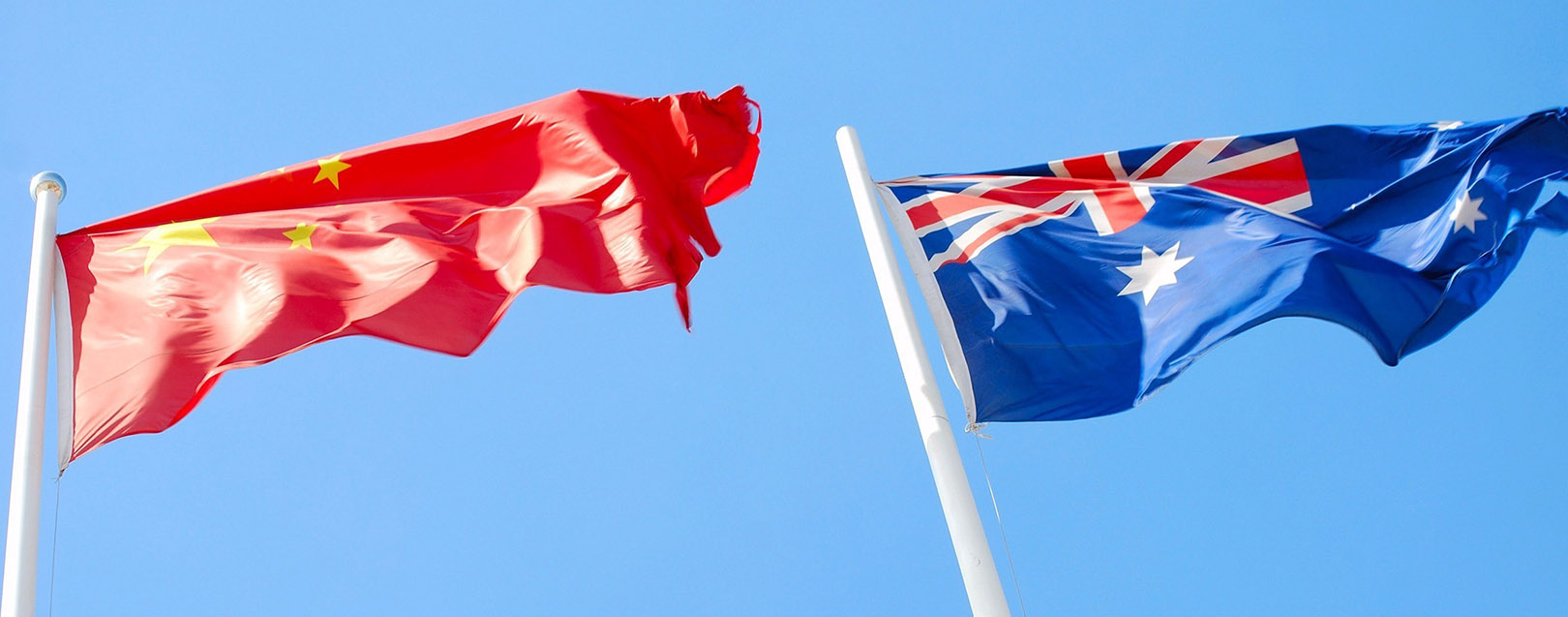
With tariffs being abolished, the $13-billion dairy industry is expected to be one of the biggest beneficiaries of the deal. Is it really so?
Manish K. Pandey | The Dollar Business
It has been called everything – from a “cracking win” to a “game changer”, from a “bitter disappointment” to “yet another dud”. But no matter what you feel about it, the free trade agreement (FTA) between China and Australia is now a reality. The FTA was being negotiated since 2005 and covers a series of accords, on almost everything – from tariffs to quotas, from manufacturing to services and, of course, investment.
Interestingly, the two nations already deal in goods and services worth about $130 billion annually (CY2013; Department of Foreign Affairs and Trade, Australia), with China being Australia’s biggest trade partner. So, whether or not the newly-signed FTA is beneficial, it is being touted as one by both the countries, particularly Australia. But is it really so? Is it the nation down under that will benefit more from China’s generosity (which it has not showered on many), or there are some bigger attractions for the world’s factory that have made it lower its wall for the Kangaroos.
Trends from the past show that China has almost always ended up being the bigger beneficiary of a FTA – China recorded a combined trade surplus of $370 billion in 2013 with its existing 11 FTA partners – and the newly-signed FTA with Australia isn’t an exception. If the benefits are not direct, they are bound to be indirect, or so to say – hidden. A case in point is Australia’s dairy industry. All know that with tariffs being abolished, the $13-billion dairy industry is expected to be one of the biggest beneficiaries of the deal. However, what not many know is that a lot of dairy farms, across Australia, already belong to the Chinese companies. In fact, the latest FIRB (Foreign Investment Review Board, Australia) data shows that Chinese were the biggest buyers of real estate (both residential and commercial) in Australia in 2012-13. “Chinese investment is flooding into Australia’s dairy industry with four multi-million-dollar mega-deals in progress that are likely to see Chinese state-owned companies taking big stakes in all Australia’s largest dairy farming operations,” said a recent headline of a broadsheet newspaper published from Surry Hills in New South Wales in Australia.
It’s not just dairy. The Chinese companies have also been investing heavily in Australia’s farm sector for years now. A logical mind can easily figure out that it means farm produce would bypass intermediaries and get shipped directly to China, distorting the Australian commodities market. Well, what’s interesting is that while China can continue making acquisitions of Australian companies and land, the Kangaroos are still denied of such privileges in the Dragon’s land. In fact, this one-sided affection is now becoming a political issue in Australia with concerns being raised about domestic food security and sovereignty. I think, this speaks volume about where this FTA stands and where it is headed.
Another major attraction of this bilateral trade pact for China is that it straight away gets to play a bigger role in global trade. Australia is now part of China’s ambitious plan to internationalise its currency – renminbi (RMB). With the signing of this new trade pact, Sydney becomes the fifth international city to house a RMB clearing centre (others include Frankfurt, Paris, London and Toronto) where Australian dollars can be exchanged directly into Chinese yuan without having to be converted into greenbacks first. This also lays the foundation for the local development of other RMB denominated financial products in the long term. It’s a big win for RMB in its war against the greenback, I would say.
No matter how many bullish claims about greater access and breakthroughs to Chinese markets are made by the Australian government, the fact of the matter is that it’s the Dragon who will end up being the winner in the long run. With China being a partner, you can expect anything but one-sided gains. Well, correct me, if I am wrong!
Get the latest resources, news and more...
By clicking "sign up" you agree to receive emails from The Dollar Business and accept our web terms of use and privacy and cookie policy.
Copyright @2026 The Dollar Business. All rights reserved.
Your Cookie Controls: This site uses cookies to improve user experience, and may offer tailored advertising and enable social media sharing. Wherever needed by applicable law, we will obtain your consent before we place any cookies on your device that are not strictly necessary for the functioning of our website. By clicking "Accept All Cookies", you agree to our use of cookies and acknowledge that you have read this website's updated Terms & Conditions, Disclaimer, Privacy and other policies, and agree to all of them.

